

Cortivision’s fNIRS offered proven ease of use, portable design, and valuable insights, contributing significantly to missions' scientific outcomes and introducing new technology to the space industry.
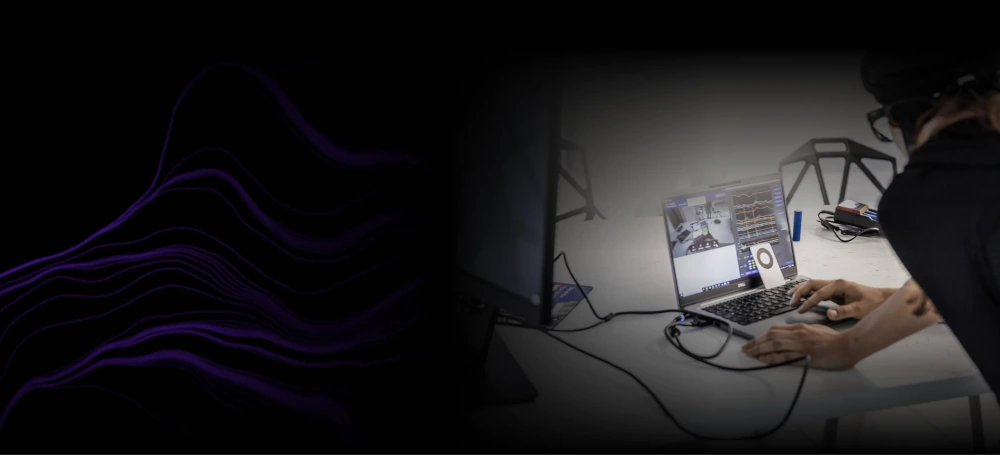
Reliable and flexible mobile fNIRS designed with no tech debt to meet today's neuroimaging challenges and those of tomorrow. On Earth and beyond.



Designed for
Our fNIRS hardware and software are designed to support advanced neuroscience research, providing real-time insights into brain activity. Our portable, non-invasive systems allow researchers to study cognitive functions, brain connectivity, and hemodynamic responses in a wide range of environments—from labs to real-world settings.
First fNIRS ever used in space successfully for brain activity research. Having been used during the Ax-2 and Ax-3 missions to the ISS, our system is now a permanent equipment on the International Space Station, providing invaluable data on brain activity in the unique microgravity environment of space.
Cortivision offers a range of research services to enhance your use of our fNIRS technology. We provide expert consultation for protocol design, result interpretation, and experimental setup. Our training options include basic and advanced online sessions, with tailored support for both fundamental and advanced functions. We also offer integration with external software, and custom VR-environment scenarios for specialized research needs.



















fNIRS technology has a great potential for brain research, but since it requires specialist skills, and experience, its use today is limited to the scientific world. We believe that by simplifying the use of this technology, we will make applications in new areas possible while the current use in science will become much easier and desgned for non-laboratory, mobile conditions.
That’s why everything we build is based on flexibility of use and user-centered design. As a result, our products respond to the needs of customers in a rich, fast and comfortable way.
That’s why our spectroscopes are used in labs across the globe and were the first ever used in space.
Cortivision is known for its innovative functional near-infrared spectroscopy (fNIRS) technology, providing advanced solutions for brain activity monitoring. Our latest product Spectrum C23 is a cutting-edge fNIRS device designed for both mobile and stationary use. Targeting professional neuroscientists, Spectrum offers a high level of precision and adaptability across various research applications.
Optode bundles optimized for applications in four different configurations: 8×12, 16×24, 24×36 and 32×48
Up to 250Hz sampling rate and up to 150 channels to enable an in-depth study of wholehead brain activity
Harness mount designed for full portability & comfort of use both in a stationary setup or in non-laboratory conditions
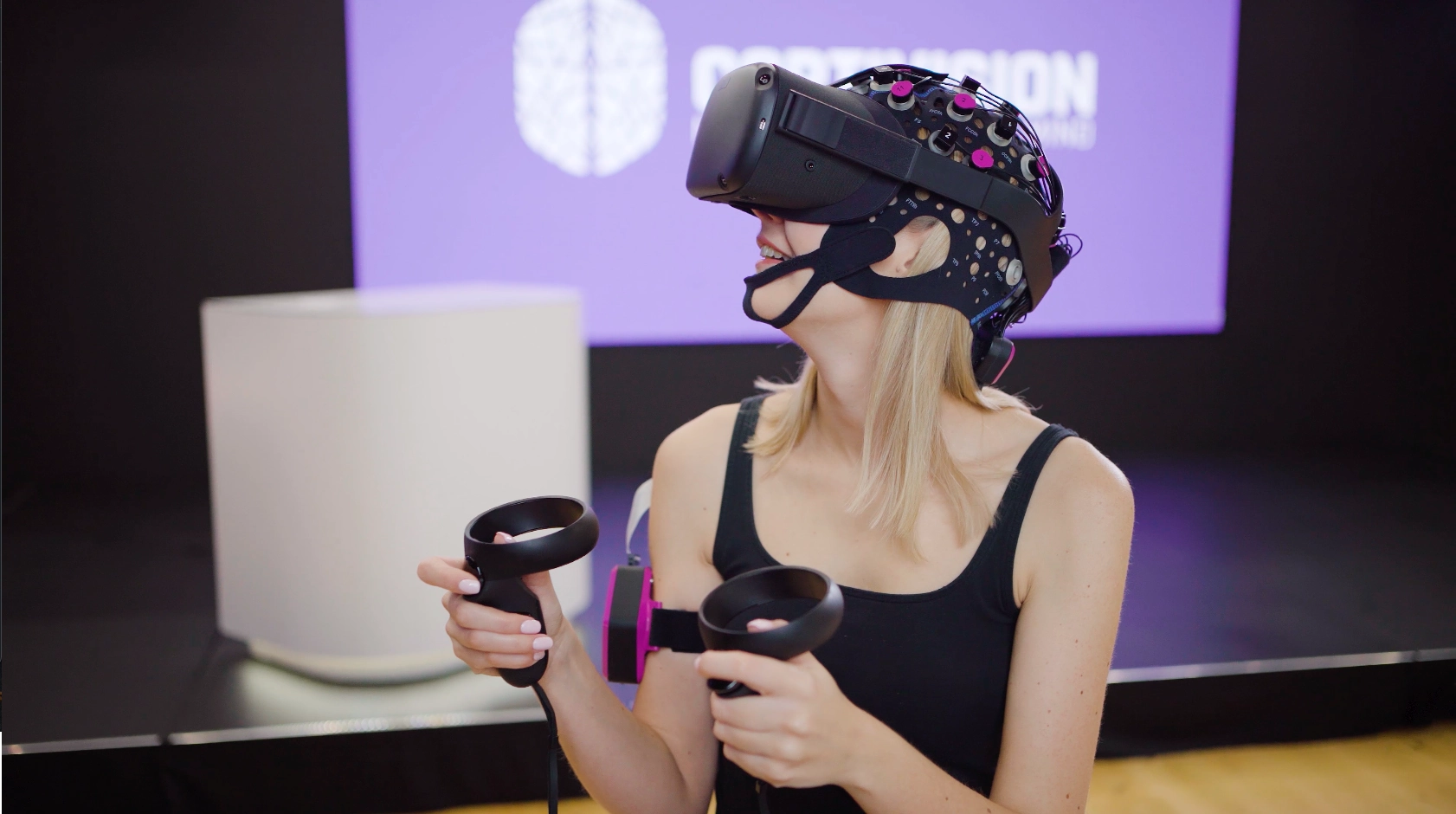
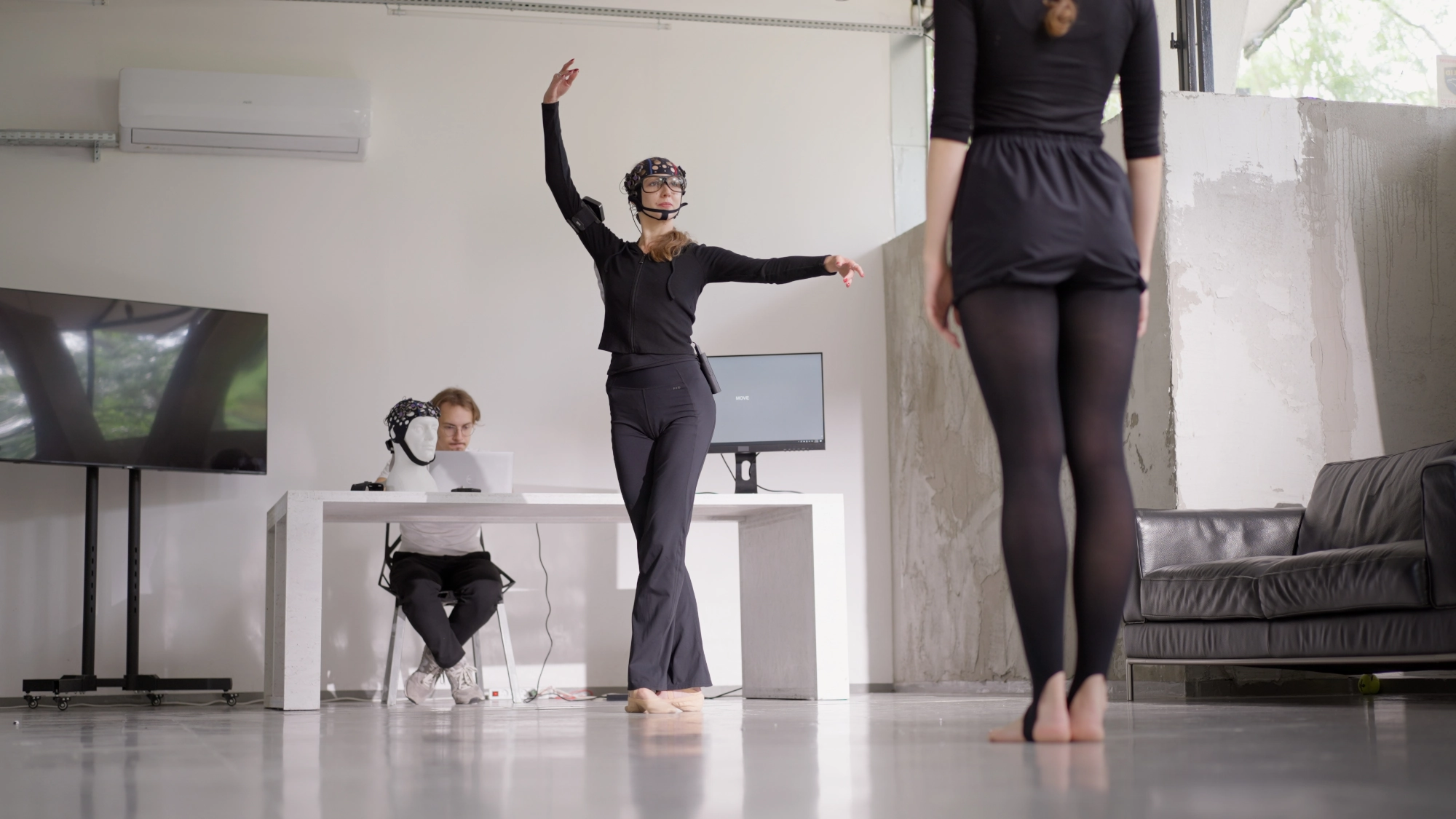
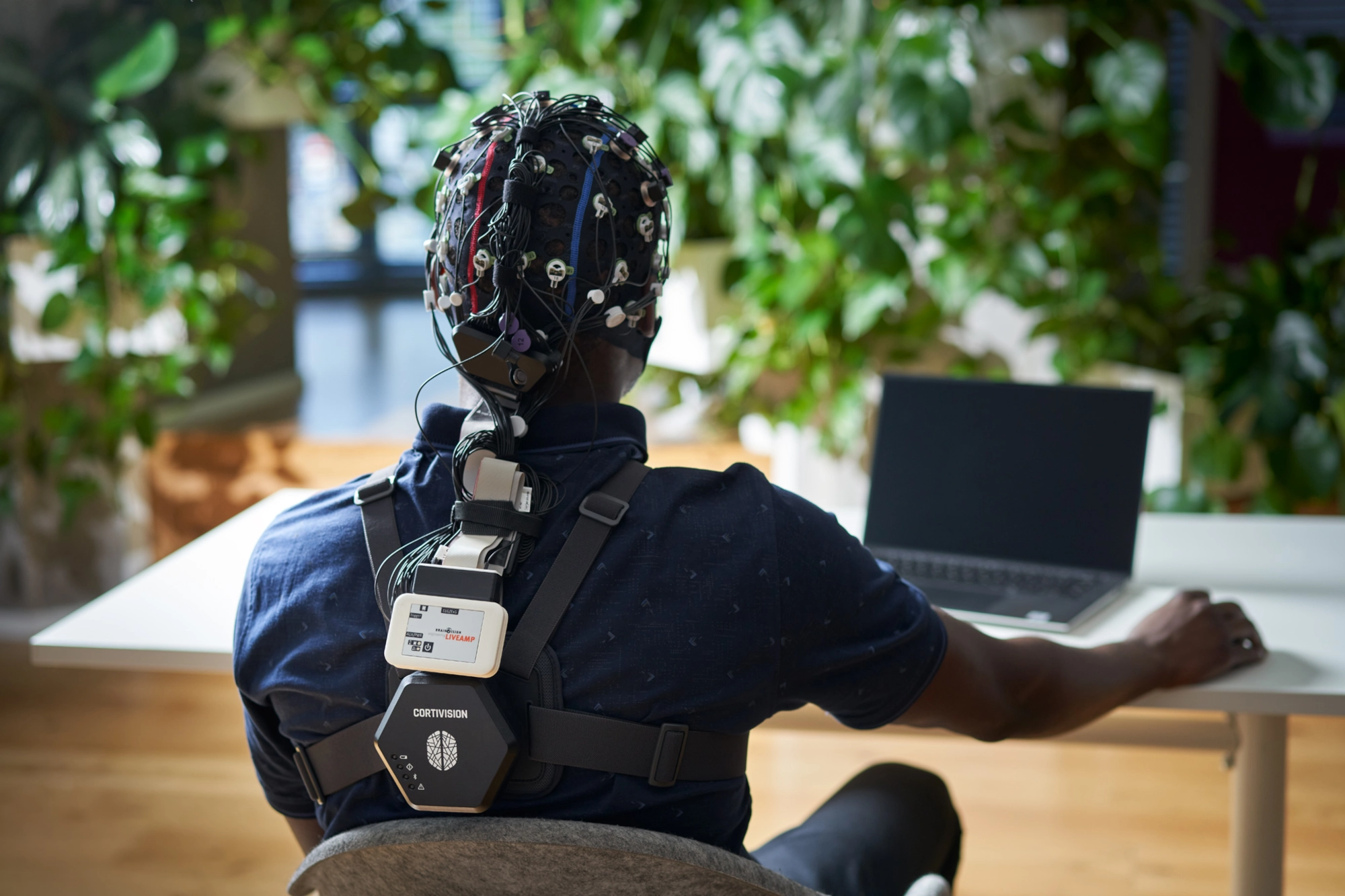
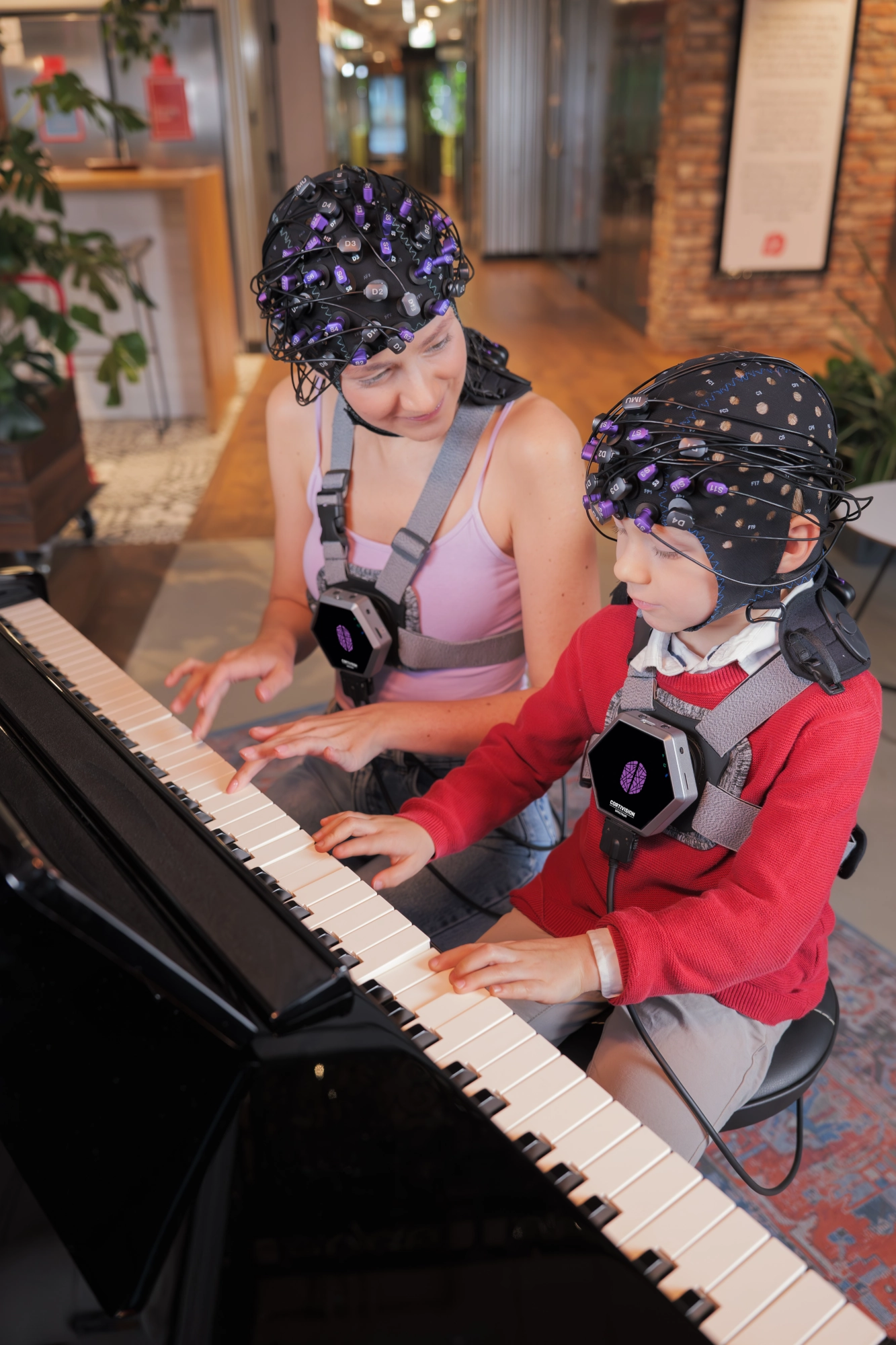
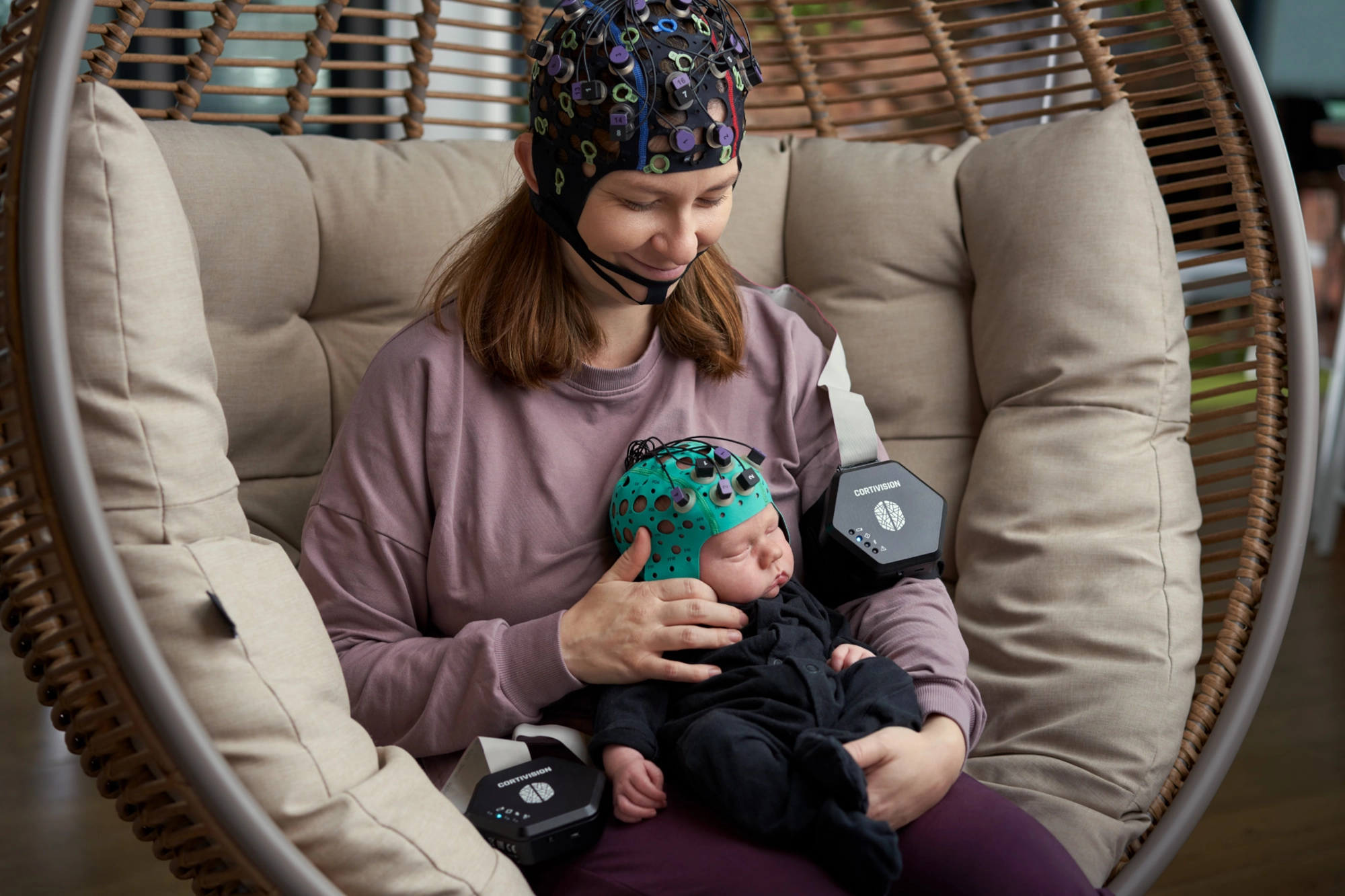
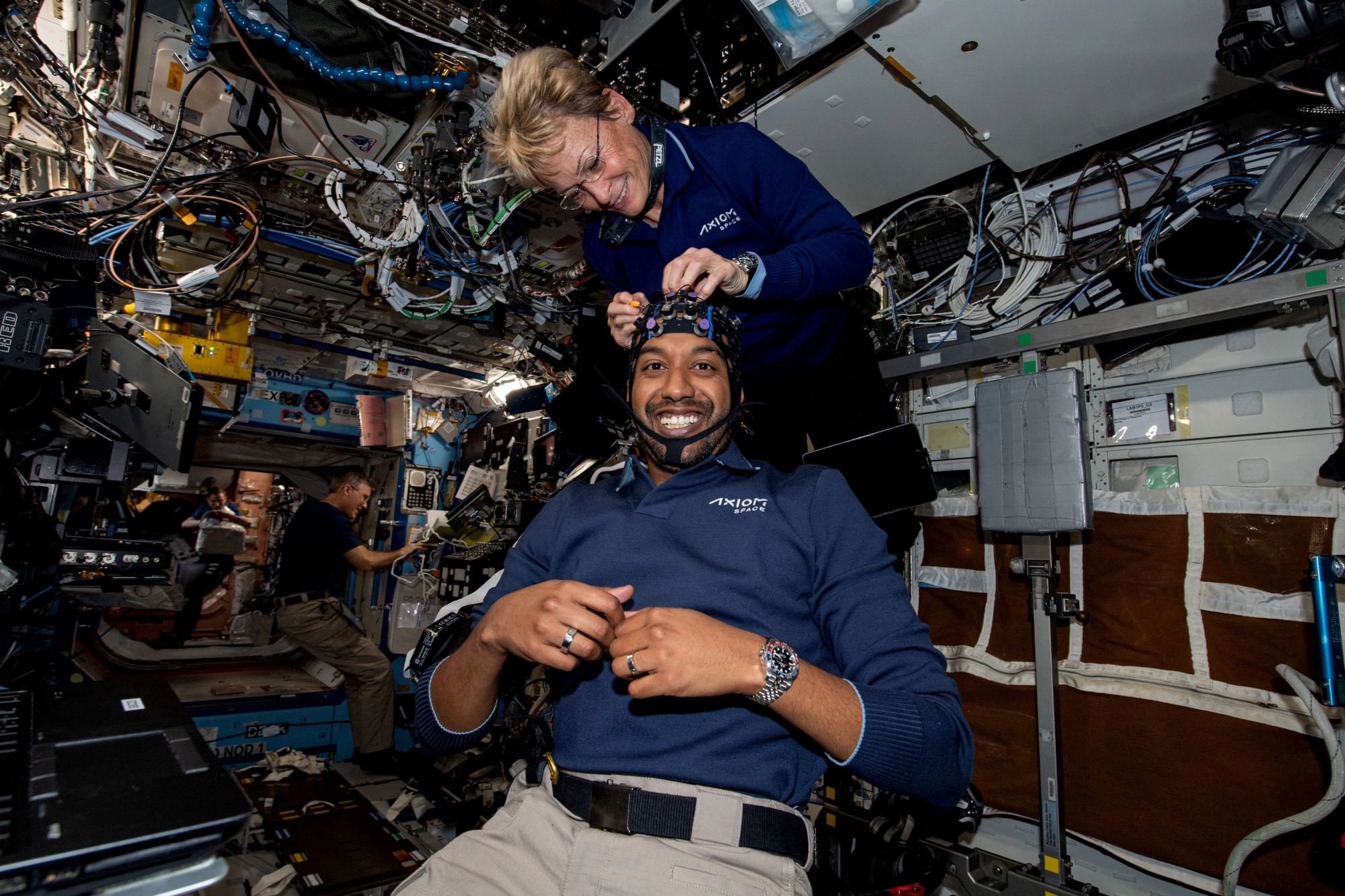
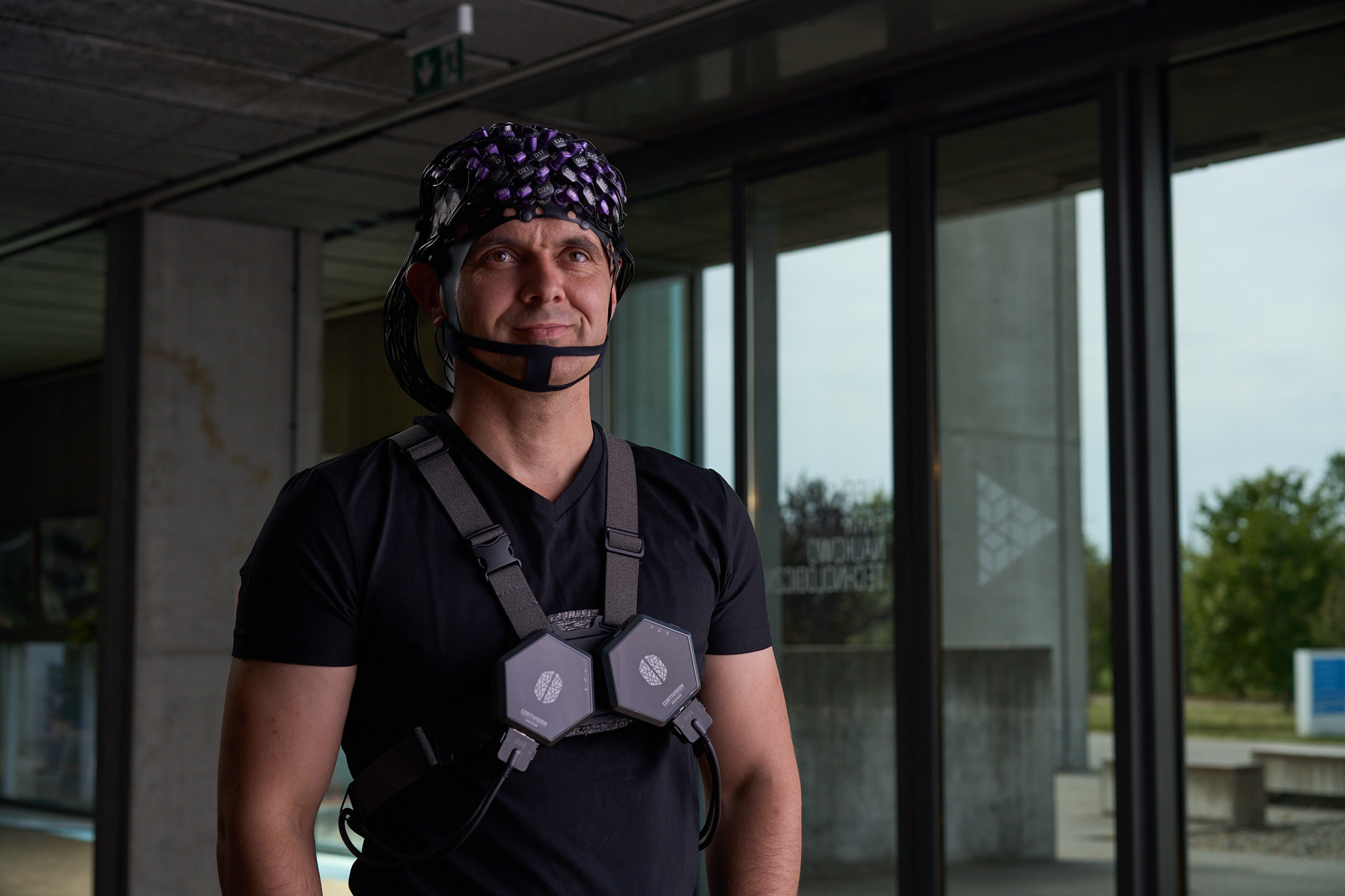
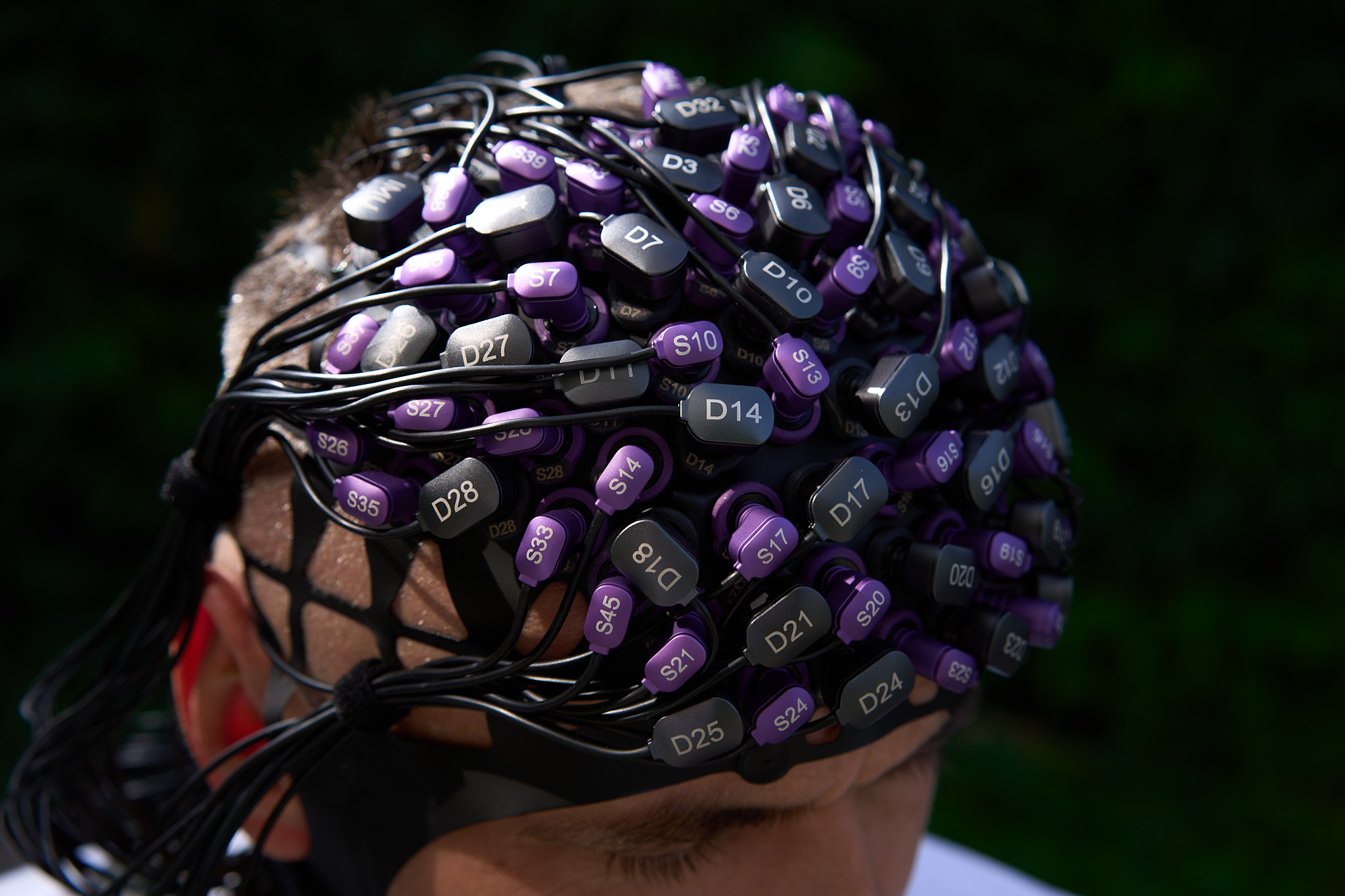
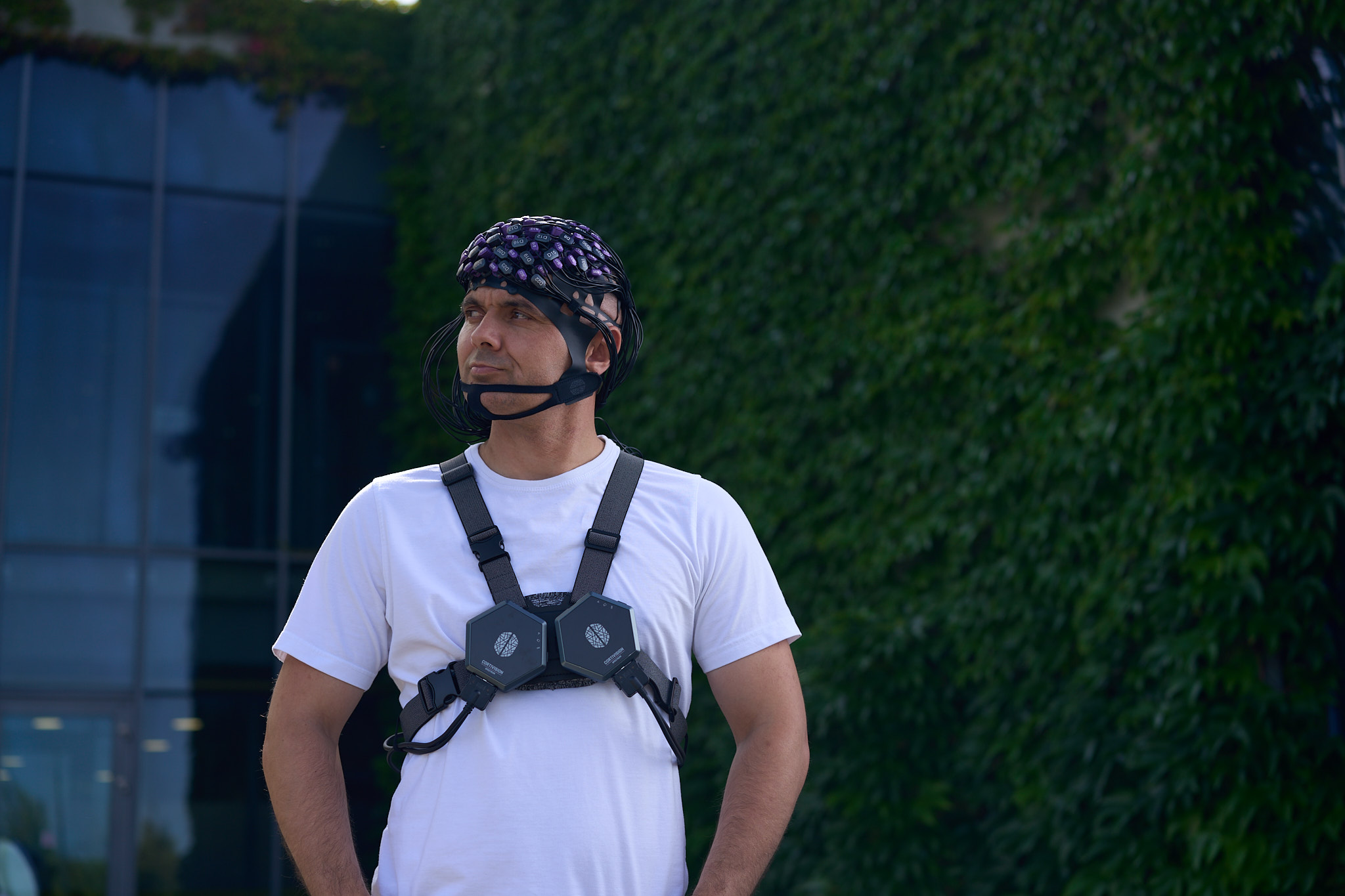
Choose Cortivision for unmatched consistency and integration. We control the entire ecosystem, from hardware to software, ensuring seamless performance and reliability without dependence on external suppliers & licensing. We offer all that is needed for research.
Choose Cortivision for excellence from the ground up. As scientists & businessmen we build on others' mistakes, avoiding technical debt, and choosing future-oriented solutions to treat every scientist as a first-class customer.
Choose Cortivision for simplification. We lower barriers and streamline technology, avoiding outdated solutions, which enables new applications. Experience our approach that makes complex research light and opens doors to spectrum of possibilities.


Cortivision’s fNIRS offered proven ease of use, portable design, and valuable insights, contributing significantly to missions' scientific outcomes and introducing new technology to the space industry.


Cortivision’s fNIRS offered proven ease of use, portable design, and valuable insights, contributing significantly to missions' scientific outcomes and introducing new technology to the space industry.


The Photon Cap system stands out from other fNIRS devices that we used before in terms of ergonomics and ease of registration. Moreover, the data quality met all our expectations.


In investigating the relationship between autistic traits in a neurotypical population and hemodynamic changes during category learning tasks, the Photon Cap has been extremely essential. The Photon Cap has allowed for a user-friendly and reliable experience in investigating brain activity in the prefrontal cortex.


Cortivision fNIRS has a portable, easy-to-use, cable-free design, which is very useful for use in the pediatric population. The measurements obtained will be of great help in understanding brain development in infants from very early stages.


fNIRS has long focused on the frontier intersection of neuromanagement, social neuroscience, and human-machine collaborative decision making.


As the first to use fNIRS technology in space, Cortivision's devices have proven to be invaluable in expanding our understanding of cerebral physiology in microgravity.


Photon Cap system allowed me and my research students to perform various studies related to exercise, neurocognition, statistics anxiety and mental health. It led to the completion for two Masters degreess, and further research on pediatric mental health in various Sub-Saharan Africa contexts (autism, HIV).


Her research using fNIRS include auditory perception, auditory touch integration and the neural mechanisms of music perception.


Research interests include food economics, nutrition and health, and consumer behavior.


Cortivision’s fNIRS offered proven ease of use, portable design, and valuable insights, contributing significantly to missions' scientific outcomes and introducing new technology to the space industry.


Cortivision’s fNIRS offered proven ease of use, portable design, and valuable insights, contributing significantly to missions' scientific outcomes and introducing new technology to the space industry.


The Photon Cap system stands out from other fNIRS devices that we used before in terms of ergonomics and ease of registration. Moreover, the data quality met all our expectations.


In investigating the relationship between autistic traits in a neurotypical population and hemodynamic changes during category learning tasks, the Photon Cap has been extremely essential. The Photon Cap has allowed for a user-friendly and reliable experience in investigating brain activity in the prefrontal cortex.


Cortivision fNIRS has a portable, easy-to-use, cable-free design, which is very useful for use in the pediatric population. The measurements obtained will be of great help in understanding brain development in infants from very early stages.


fNIRS has long focused on the frontier intersection of neuromanagement, social neuroscience, and human-machine collaborative decision making.


As the first to use fNIRS technology in space, Cortivision's devices have proven to be invaluable in expanding our understanding of cerebral physiology in microgravity.


Photon Cap system allowed me and my research students to perform various studies related to exercise, neurocognition, statistics anxiety and mental health. It led to the completion for two Masters degreess, and further research on pediatric mental health in various Sub-Saharan Africa contexts (autism, HIV).


Her research using fNIRS include auditory perception, auditory touch integration and the neural mechanisms of music perception.


Research interests include food economics, nutrition and health, and consumer behavior.

